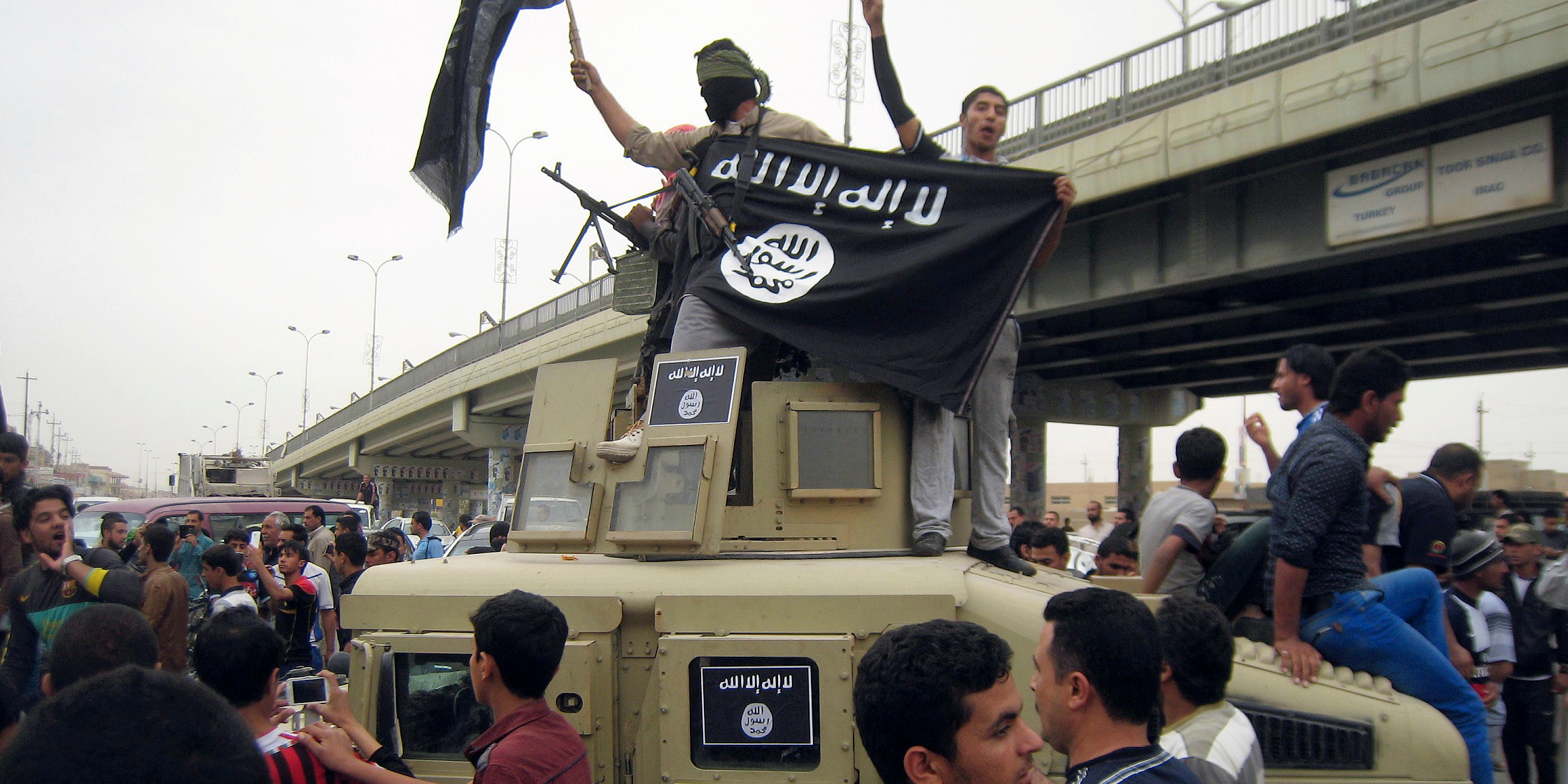- US President Donald Trump once called former President Barack Obama the “founder” of ISIS. But Trump is making the same mistake Obama did after the Iraq War, and enabling a potentially worse resurgence of ISIS.
- Back in 2012, amidst instability in both Iraq and Syria, ISIS – then al Qaeda in Iraq (AQI) staged eight successful prison breaks, freeing fighting forces that would eventually create the ISIS caliphate and sow mass terror in the Middle East and beyond.
- More prison breaks in the wake of Trump’s decision to pull US troops out of northeastern Syria are a matter of “when, not if,” according to one expert.
- Visit Business Insider’s home page for more stories.
US President Donald Trump’s announcement that he would remove US troops from northeastern Syria, where as many as 12,000 ISIS fighters are being held by Kurdish-led Syrian Democratic Forces, stoked concerns about an ISIS prison break similar to the one in Iraq that fueled the group’s international campaign of terror and brought rise to the caliphate.
In 2012 – before ISIS was even called ISIS, back when it was called al Qaeda in Iraq (AQI) – AQI started an operation called “Breaking the Walls.” The year-long operation involved driving vehicle-borne improvised explosive devices (VBIEDS) to spread terror, and staged eight prison breaks.
According to a 2013 report from the Institute for the Study of War, the campaign ended after AQI broke into Abu Ghraib prison, releasing at least 500 prisoners, many of whom were detained for terror-related charges. Two of the prison breaks, the report says, released “hard-core veterans who had likely participated in AQI’s signature VBIED network during the period 2006- 2007.”
A security vacuum enables terror
Much as it has been doing in the past year, ISIS as AQI committed to growth and increased violent actions in the months before the “Breaking the Walls” campaign.
The AQI prison breaks that led to the formation of ISIS occurred in the security vacuum after US forces pulled out of Iraq under President Barack Obama. The sectarian political strife and instability in Syria largely contributed to the growth of AQI and its transformation into ISIS's caliphate as well, but Trump fixated on Obama's role in the growth of the terror group during the 2016 presidential debates, calling Obama the "founder of ISIS," and later doubling down on the statement.
But experts caution that a repeat of "Breaking the Walls" is the logical outcome of Trump's abrupt withdrawal from northeastern Syria.
"ISIS has made it a very clear objective that it wants to do a prison break," Brandon Wallace, a counterterrorism research assistant at the Institute for the Study of War, told Insider via phone. ISIS leader Abu Bhakr al-Baghdadi released an audio statement to followers in September, urging them to "do your utmost to free [imprisoned ISIS members] and tear down the walls restricting them."
A matter of when, not if
Wallace's assessment echoes previous reporting from Insider regarding the significant risk of an ISIS prison break due to the Syrian Democratic Forces' (SDF) already-overburdened resources. In turning their attention to the new front at the border, there's a risk that SDF forces guarding the prisons and the al-Hol refugee camp, which hosts thousands of ISIS-linked women and children, may be drawn to the frontlines.
"ISIS seeks to double to size of its fighting force, as well as to liberate the population of its caliphate" - thousands of the women and children at al-Hol - Jennifer Cafarella, research director at the Institute for the Study of War, told Insider. Those women, says Cafarella, are part of al-Khansaa, ISIS's religious police, "and the children are radicalized."
"There is deep institutional memory within the Pentagon concerning how ISIS, and its predecessor al-Qaeda in Iraq, used prison breaks to replenish manpower," Nicholas Heras of the Center for a New American Security told Insider via email.
"Right now there is quiet freakout among US officials that history will repeat itself in Syria, that ISIS will gain access to the prisons and free the prisoners, and the result will be a catastrophe."
But it's not just Syria that's at risk, Cafarella warned; there are ISIS prisons in Iraq, too. "ISIS has equal desire to stage prison breaks on both sides," she said.
In terms of the threat a resurgent ISIS poses, its organizational structure has been reconstituting itself since 2018, according to a report authored by Carafella and Wallace. Even without the manpower that prison breaks promise, al-Baghdadi is building up the organization's command structure, and demonstrating its force using VBIED attacks much like it did in the lead-up to "Breaking Down the Walls."
ISIS will be able to reconstitute itself in the instability of Syria and Iraq, which is experiencing mass protests against the government leading to at least 104 deaths and thousands of injuries, CNN reports.
When it comes to an ISIS prison break, Cafarella said, it's "when, not if." And the fallout could be disastrous.

